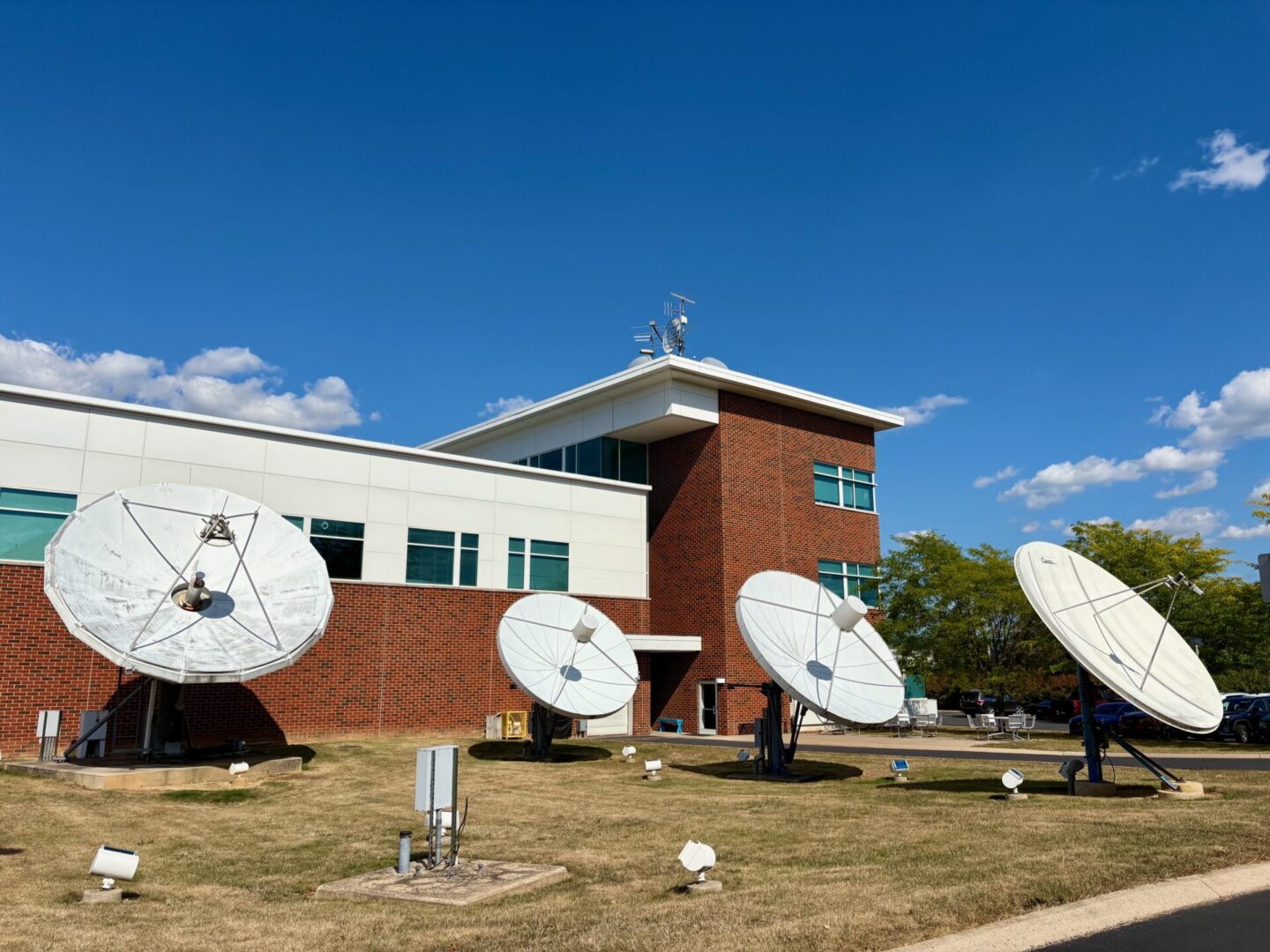Last Friday morning, I got in my car and turned on the radio. I was driving to the Bryce Jordan Center for that day’s Board of Trustees meetings. My mind was on the day’s agenda as I sipped from a cold can of Fresca. A few beads of condensation fell as I lifted the can.
Absent-mindedly, I was listening to NPR’s Morning Edition on WPSU. On the radio there was a story about former lawyers from the Department of Justice who’d prosecuted the January 6 insurrectionists. These lawyers had been fired about the same time that almost every person convicted of storming the U.S. Capitol had been pardoned.
My absent-mindedness faded and I locked into what had happened the day before. The very existence of this station is in grave doubt.
After months of trying to secure a deal with WHYY in Philadelphia, Penn State’s administration had put the proposal before the Finance and Investment Committee of the Board of Trustees.
That committee unanimously decided to kill the proposal, thereby preventing the full board from voting on it. It’s not a secret, but it is often overlooked that the true power of our board resides in that finance committee. The small minority of the board that sits on that committee can make decisions like shutting down WPSU and preventing the full board from voting. That is not a value judgement; it is just a fact.
As I drove on Friday morning, I tried to imagine a world without WPSU on TV and on the radio.
For 17 years WPSU’s news programming was the soundtrack of long winter recruiting drives on I-80 to Ohio. Back then we drove everywhere. Before dawn and after sunsets the engaging content kept me informed and, more importantly, awake behind the wheel. That station reached west to the Ohio border and north to the New York border.
In fairness to the Penn State administration, they worked long hours in good faith to make a deal. Although we all knew the financial pressures were real, they worked hard to make something work.
Complicating it all was the loss of $1.8 million in federal funding. The decision to go after public broadcasting was political at best and punitive at worst. Motivation aside, it is reality.
Shortly after the vote there were people taking to social media crowing about “Go woke, go broke.” At the same time many others shared legitimate concern about the loss of an important community asset.
Certainly, some would listen to that Friday morning story about January 6 prosecutors and have a knee-jerk reaction to that story as evidence of liberal bias. But truthful stories appear on NPR that make people across the political spectrum unhappy.
WPSU’s mission, however, goes so much deeper than national news coverage. And its role in the lives of people in some of the most rural areas of the commonwealth should rise well beyond petty political grievances.
Local news sources from newspapers to TV stations are disappearing. Local news is becoming homogeneous and controlled by large companies. WPSU reaches across a wide area of rural counties that need connections to the outside world and connections within their own communities.
As someone who’s driven many of the roads in this area, I can tell you how important that station has been. In areas where cell service is spotty, and places where access to high-speed internet is a continuing challenge, having that radio station was vital.
Community events at state parks from Canoe Creek to Greenwood Furnace to Black Moshannon and Cherry Springs were announced and promoted for free as public service announcements. Charity events were promoted for nonprofit groups that benefited people in small towns. Nature hikes, maple syrup festivals and charity dances were promoted on those airwaves.
Vital severe weather warnings from tornados to heavy snow to flash flooding were shared with people who might not have heard them elsewhere. In this time of year, the frost advisories are important to people holding onto the last few weeks of growing vegetables.
On TV, WPSU’s unique programming has been a great asset to these same people. Children’s educational programming has made an enormous impact. Some of the greatest historical documentaries produced in our lifetime were aired on WPSU: “The Civil War,” “Lewis and Clark,” “The War,” “Jazz,” “Baseball” and so many others.
“NewsHour” presents one of a few true newscasts left on television. They present the news of the day and then allow for varying viewpoints to have a calm, respectful discussion of the issues. In our current era, that format is more important than ever.
And for WPSU, there is a long legacy of homegrown shows and news on TV and radio. Forums and town halls have been held to keep our public informed. GOP Congressman Glen Thompson has appeared on the station, one of the few media outlets that makes it possible to reach across the rural reaches of his vast district.
WPSU brought Penn State and our outreach mission to homes in a couple dozen counties in ways that cannot be replaced. Shutting down erases that connection and service to so many people who have no alternative.
Yes, the world is changing. But in a nation with abundant wealth and resources it seems impossible to believe we cannot (or won’t) provide resources to ensure an informed public both on the issues of today and the history of yesterday.
As I pulled in to park, I listened to the end of that story and a weather forecast. I shut down my car and walked toward the building.
It was a brilliantly sunny morning, but the day seemed much darker. It marked a day that would eventually silence important voices and connections.



